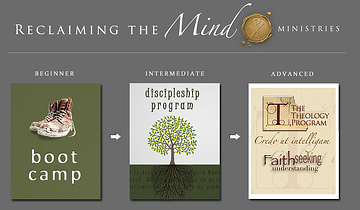I’ve received lots of comments and emails in response to this series on Christians in conflict. Many have left me with mixed feelings. I’ve heard from people who have found my discussion to be very helpful to them, a fact that would ordinarily make me glad. But the reason that my ideas have been germane is that so many Christians are caught up in conflict with other believers. This is very sad. One man put it well. He said, “Thanks for your series on conflict. It’s right on target . . . unfortunately.”
I’ve also received many questions, great questions, about how what I’ve been writing about can be worked out in practice. One of these questions has focused on a particular problem: “What do I do when someone has truly wronged me? 1 Corinthians 13 calls for patience, not keeping a record of wrongs, and so forth. So am I supposed to forget about what someone has done and pretend like it hasn’t happened? This seems wrong. What should I do in this situation?” This is a crucial concern, and one I plan to take up shortly.
It’s easy for me to envision many misuses of 1 Corinthians 13. Suppose, for example, a person has treated another person unjustly. When the victim presents the offense, I can imagine the perpetrator saying, “Ah, there you go again, keeping a record of wrongs.” The NIV translation of 1 Corinthians 13:5 reads, “[Love] is not rude, it is not self-seeking, it is not easily angered, it keeps no record of wrongs.” So, one who confronts another with his or her sin might be accused of “keeping a record of wrongs,” that is, being unloving.
Although I haven’t had this exact experience, I have heard a similar accusation from an employee whom I was supervising. This employee was not fulfilling his job description in a number of crucial areas. When I brought these to his attention, he accused me of being unforgiving and not offering grace. In his view, since I was a Christian, I should have been willing to forgive all of his failures, which seemed to imply that I should accept his job performance no matter how poor it might have been. Yet, for many reasons, I disagreed with him. As his supervisor, in a situation where he was not performing his job adequately, I was expected to do something that seemed a lot like keeping a record of wrongs. How could I justify this in light of 1 Corinthians 13? Was I being unloving in fulfilling my duties as a supervisor?
This is just one of thousands of challenges to the ethic of love. There’s no way I can begin to address even a tiny percentage of these real-life situations. But, I will consider the case I have just brought forward and the issue of keeping a record of wrongs. This example might help us as we try to live out the call to love in the complicated situations of our lives.

